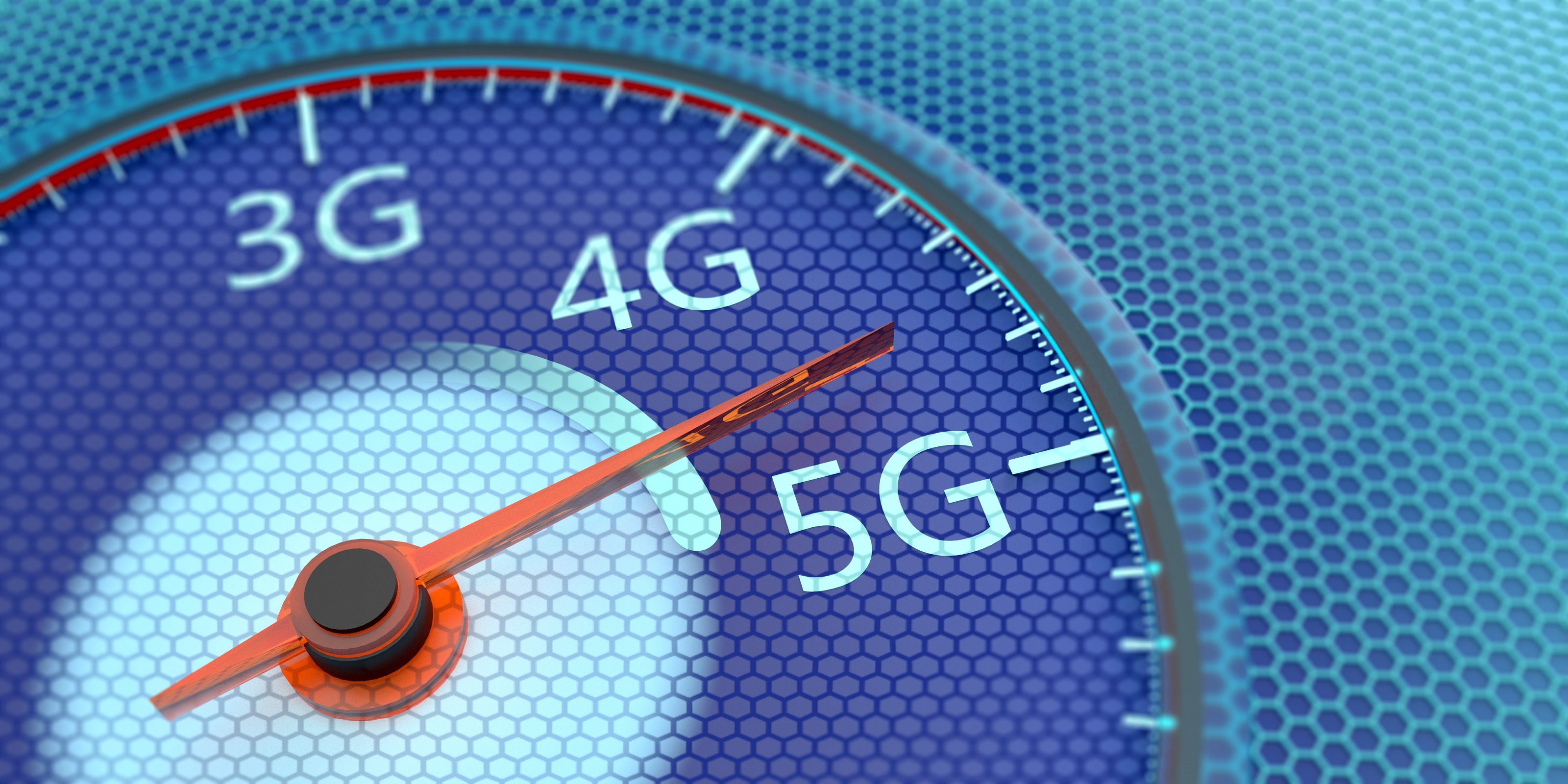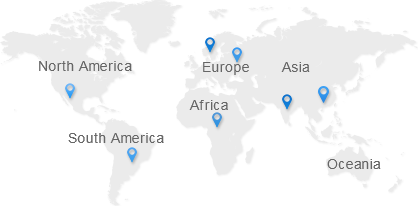Ericsson Q3 revenue growth 9% year on year: century-old company showing signs of recovery

Like people have been pressed into the water to hold a sulk, and then finally a chance to look up! That may be the feeling for Ericsson, the century-old telecom equipment market, which has finally seen revenue growth after several quarters of falling sales.
Ericsson's just-released third-quarter earnings data for 2018 showed net sales of 53.8 billion Swedish kronor in the third quarter of 2018, up 9 percent year-on-year.
In response, Ericsson President and CEO Borje Ekholm said that we are continuing to implement a focused business development strategy and are making steady progress toward our target for 2020. At the moment, we are seeing improvement in the performance of each business segment compared to the past, and we are confident of achieving the long-term goal of achieving an operating margin of at least 12% after 2020.
Sales were up 9 percent year on year, and operating profit was up again year on year
In the third quarter of 2018, Ericsson's net sales were 53.8 billion Swedish kronor, up 9 percent year on year and up 1 percent year on year, adjusted for comparable units and currency exchange rates.
Ericsson posted operating profit of SKR3.2bn in the third quarter (compared with SKR3.7bn in the same period last year) and operating profit margin of 6.0% (compared with -7.4% in the same period last year). Operating profit excluding restructuring expenses was SKR3.8bn (skr800m in the same period last year), and operating profit margin after restructuring expenses was 7.0% (-1.7% in the same period last year). This is the second year-on-year increase in Ericsson's operating profit since Q2.
Gross margin was 36.5 per cent (26.9 per cent in the same period last year); Gross margins, excluding restructuring charges, rose to 36.9 per cent year on year (28.5 per cent year on year), helped by lower costs and continued growth in Ericsson's radio systems (ERS) business, as well as good progress in management services contract reviews.
Operating activities generate cash flow of 2 billion kronor; Free cash flow after merger and reorganization increased to SKR700m (skr800m in the same period last year); Net cash stood at 32 billion kronor at the end of the third quarter of 2018, up 33 percent from 24.1 billion kronor a year earlier. Bao thinks the company's cash flow remains healthy and will continue to strengthen its balance sheet management.
Although the skr10 billion cost reduction plan initiated in July 2017 has been completed successfully, Bao Yikang stressed that we will continue to make efforts to reduce costs while improving efficiency and further enhance the competitiveness of the company. We estimate that the annual restructuring fee will still need to be 5-7 billion kronor.
Growth in network business is strong
In terms of the performance of Ericsson's main business units, the network business grew 5 percent year-on-year in the third quarter of 2018, with strong sales growth in North America, Europe and Latin America.Net business gross margin improved to 41.5 per cent (34.8 per cent in the same period last year), with organic sales growth of 5 per cent.
Net operating margins excluding restructuring charges were 16.1 per cent, partly offset by higher investment in research and development, thanks to lower costs and continued growth in Ericsson's radio systems (ERS) business.
Sales were unusually strong, thanks to continued activity in the north American market. Ericsson expects fourth-quarter network sales to be less seasonally affected than normal, thanks to strong quarter-on-quarter sales growth in the third quarter.
Gross margin of the digital services business increased to 36.9 per cent year on year (32.0 per cent year on year), but fell quarter on quarter, although it is clear that most businesses have made good progress. But at the same time, the rise in cash tied to large digital transformation projects in the third quarter led to a year-over-year decline in gross margins. Ericsson is not satisfied with the progress of these digital transformation projects, so will step up efforts to reverse the situation.
In terms of management services business, thanks to efficiency improvement and customer contract review, the gross margin increased to 12.9% (from the same period last year to 4.0%). Ericsson successfully completed 40 of the 42 target contracts, increasing its annual profit by 900 million Swedish kronor. Operating margins in the management services business, excluding restructuring charges, rose to 6.8 per cent (-9.5 per cent in the same period last year) as a result of lower costs and client contract reviews.
Growth in the Iconectiv business led to a 22 per cent rise in sales in emerging businesses and other areas. Ericsson continues to invest in strategic growth areas such as the Internet of things. The third quarter saw more growth momentum, gaining a key customer through Ericsson's connectivity management platform solution. However, as part of the product portfolio in the emerging business is still in the early stage of development, the sales performance has not been outstanding so far, and Ericsson will manage the investment in the emerging business area prudently and rationally.
5G strategy opens "granary"
In the new round of market competition, 5G is undoubtedly the key battle whether Ericsson can win the battle of turning a profit.
" we will continue to invest in a competitive 5G-ready portfolio to help customers efficiently migrate to 5G business." Bao pointed out that global operators are now planning to launch 5G services, and North America will lead 5G deployment. In view of customers' strong interest in 5G business, the cost of field trials has gradually increased. We expect these costs to remain high for at least the next 12-18 months, and they are included in our target of reaching at least 10 per cent operating margins by 2020.
It is understood that there are currently 17 5G commercial contracts in the world (1 is signed by one operator and 1 equipment manufacturer). Ericsson has won the most 5G commercial contracts in the world, currently Ericsson has received 7 5G commercial contracts, signed 40 5G network test cooperation memorandums with the world's leading operators, and fully cooperated with 22 industry partners, 45 universities and research institutions in the 5G field.
And among the seven 5G commercial contracts awarded to Ericsson so far, the heaviest weight is in the north American market: in September 2018, t-mobile US announced that it signed a multi-year 5G network deployment contract with Ericsson worth $3.5 billion, which is both the second 5G large contract signed by t-mobile US and the largest 5G order to date. As a tangible 5G supply order, the signing of the contract is Ericsson's first substantial 5G order, which also means Ericsson's 5G strategy opens the "granary" for the first time.
" we saw momentum growth in 5G development in the quarter, with related businesses leading the market continuing to move forward." The global wireless access market is recovering from several years of negative growth, and we can benefit from our continued investment in research and development," said bao. But we still need to do more to get every area of the business to a satisfactory level of performance.
Author: Li Ming Source from: C114






